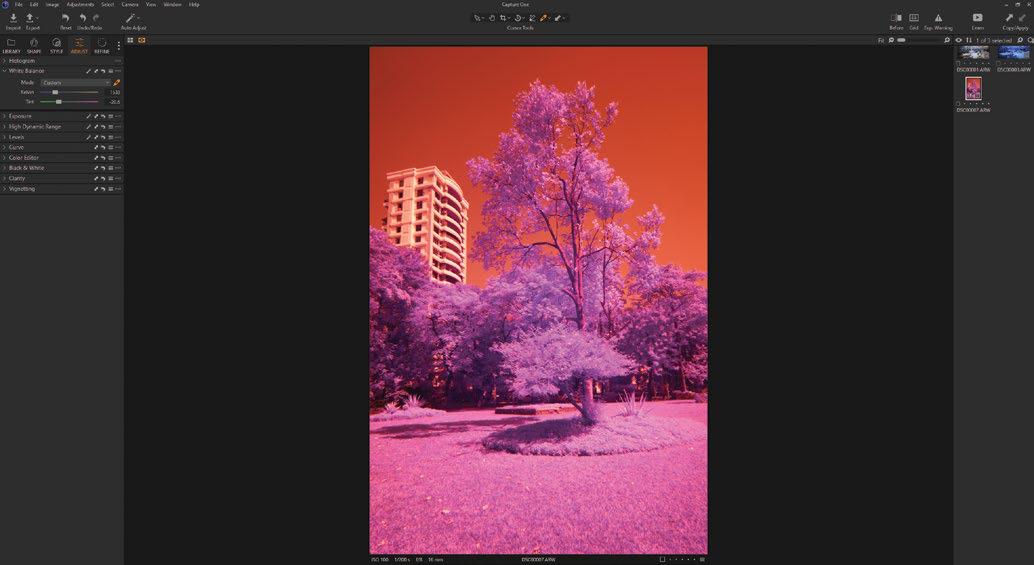
At the outset, let me clear a myth. Some photographers think that when we use an infrared camera (or a standard camera with an IR filter attached) we are recording the heatwaves given off an object. That is incorrect. That genre of photography is known as ‘thermal imaging’.
Why Infrared Photography?
IR photography opens up a new way of recording things. Tones, colours, and textures look very different. Some people love it, some don’t.
When to shoot in Infrared?
Normal (non-Infrared) photography is generally done when the light is ‘soft’ or ‘medium soft’ (early mornings/late evenings). Infrared photography is done when the light is harsh (nearing noon).
Requirements for IR photography
You can attach an IR filter to the lens or you can use a standard camera converted to IR.
Advantages / Disadvantages
Simply attaching an IR filter on to your lens is obviously the simpler and cheaper way out. The disadvantage is that the shutter speeds will get too long for hand-held photography. This means you can only photograph static objects. And even if you do use a tripod, you cannot stop subject movement with such long exposures.
An infrared-converted camera allows you to use any and all shutter speeds, thereby not limiting you to photograph only stationary subjects.
This story is from the {{IssueName}} edition of {{MagazineName}}.
Start your 7-day Magzter GOLD free trial to access thousands of curated premium stories, and 9,000+ magazines and newspapers.
Already a subscriber ? Sign In
This story is from the {{IssueName}} edition of {{MagazineName}}.
Start your 7-day Magzter GOLD free trial to access thousands of curated premium stories, and 9,000+ magazines and newspapers.
Already a subscriber? Sign In

AIPTIA CEIF Expo 2025 Wraps Up as a Landmark Event in New Delhi
CEIF Expo 2025, organized by the All India Photo Trade & Imaging Association (AIPTIA), was held from January 9 to 11 at Pragati Maidan, New Delhi.
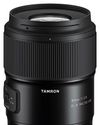
Super Sharp
The Tamron 90 mm F/2.8 Di III Macro VXD lens (Model F072), compatible with Sony E-mount and Nikon Z-mount full frame cameras was launched worldwide on October 24, 2024.

Capturing the Essence of Nature in a Photobook
Ashok Kandimalla, a passionate photographer and an engineer, captures Kenya's landscapes and wildlife in his photobook, Postcards from Kenya. By carefully selecting images and telling a compelling story, Ashok emphasizes the enduring value of print over digital formats. This project marks the beginning of his journey in photobooks.

Mumbai Design Xpress (MDX '24): A Celebration of Colour and Creativity
Pantone's Mocha Mousse debuted in India at the third edition of Mumbai's very own Design Festival the Mumbai Design Xpress a.k.a MDX '24, where Mumbai's design community celebrated colour's transformative power through panel discussions, workshops, and performances.
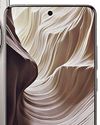
Vivo X200
The VIVO X200 represents a significant step forward in smartphone design and photography capabilities, offering users a compelling package that combines style with substance.

Manish Gupta, Head of Product Lifecycle Management and Planning Division, Konica Minolta, India
At CEIF 2025, we highlighted our prime flagship products: the Accurio Press C84hc/C74hc with revolutionary high-chroma technology, the Accurio Shine 3600 with inline Foil for premium finishing, and our high-performance AccurioPress C12000 and C7100 series.
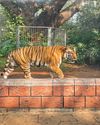
Small but Versatile
The Nikon Z50 Mark II, successor to the Z50, was introduced in India on November 7, 2024, four years after the launch of the Z50.
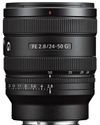
Another Good One from Sony!
Sony is the leader as far as mirrorless lenses are concerned and has over 70 lenses in its arsenal.
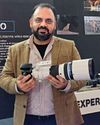
Conversation with Vivek Handoo
Vice President & Head of APAC & MD Australia - OM Digital Solutions Corporation At CEIF 2025 (Consumer Electronic Imaging Fair)
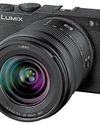
SELECTING THE RIGHT SYSTEM
Buying a new mirrorless camera can be a daunting decision. Not only are cameras very expensive, but also choosing a brand with an exclusive mount can mean locking yourself into a system.